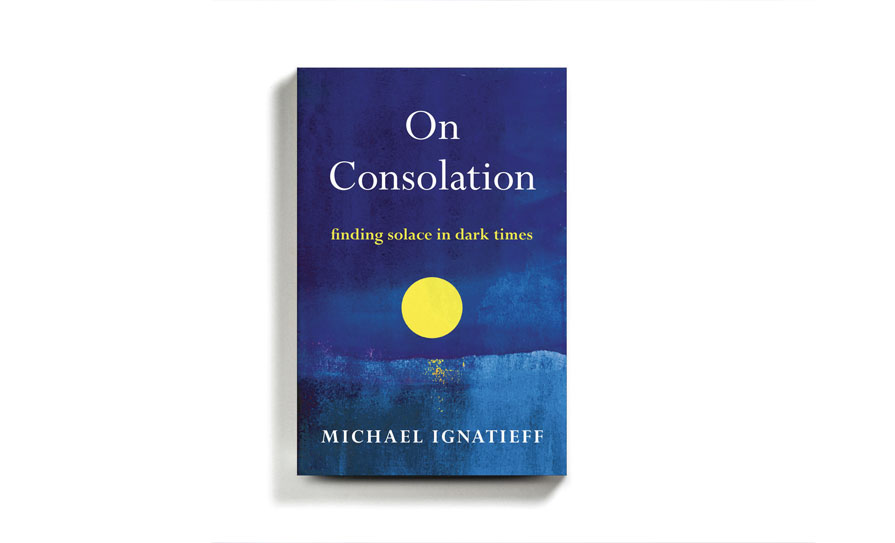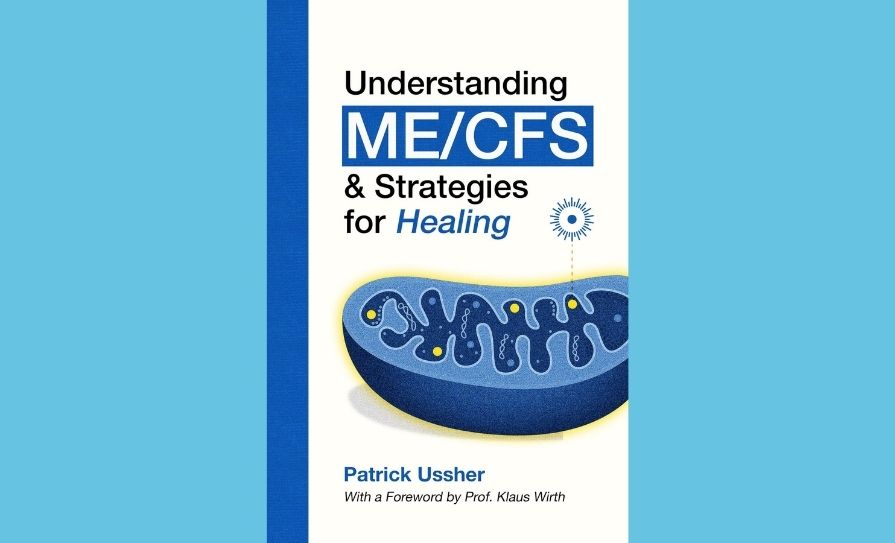Title: On Consolation: Finding solace in dark times
Author: Michael Ignatieff
Publisher: Picador
Reviewer: Prof Brendan Kelly
Book sales rose during Covid-19, reaching record highs. In the midst of waves of infection, public health restrictions and endless trauma, people reached to the written word for solace, sustenance, and strength. Victor Hugo said that “it is from books that wise people derive consolation in the troubles of life”. The Covid-19 pandemic proved that this is still true.

Against this background, Michael Ignatieff’s new book, On Consolation: Finding solace in dark times, could scarcely be more timely. Ignatieff’s elegant book examines how people in extreme situations have connected with each other to find hope and resilience, sustenance and strength, and the simple power to survive. As Rory Stewart, author of The Places in Between, points out, On Consolation is “an extraordinary meditation on loss and mortality, drawing on all of Michael Ignatieff’s powers as a philosopher, a historian, a politician, and a man. His portraits of figures, such as Hume and Montaigne, are sharp and dignified, troubling and consoling, thoughtful and deeply humane.”
I will admit to a long-standing admiration for Michael Ignatieff. I recall watching him present the BBC arts programme The Late Show in the 1990s. He seemed impossibly intelligent and urbane. Since then, he has been active in both academia and politics, and his books include Isaiah Berlin: A Life, The Warrior’s Honor, and The Russian Album (a memoir). Scar Tissue, Ignatieff’s second novel, published in 1993 and shortlisted for the Man Booker Prize, made a lasting impression on me. The book is centred on a woman with Alzheimer’s or dementia and how this impacts on people around her, especially her son.
Today, Ignatieff is a professor at Central European University in Vienna, as well as former head of Canada’s Liberal Party, and Director of the Carr Centre for Human Rights at Harvard’s Kennedy School. He writes for the New York Times, New York Review of Books, and London Review of Books. He sounds busy.
He also explores the lives, work and coping mechanisms of Mahler, Max Weber, Anna Akhmatova, Primo Levi, and a host of other people who faced difficulties and somehow found a way through them
In the midst of this activity, and in the context of the pandemic, Ignatieff found time to write On Consolation, exploring the idea of solace through history, touching on The Bible, Cicero, Marcus Aurelius, Boethius, Dante, El Greco, de Montaigne, Hume, Condorcet, Karl Marx, and even Abraham Lincoln. He also explores the lives, work and coping mechanisms of Mahler, Max Weber, Anna Akhmatova, Primo Levi, and a host of other people who faced difficulties and somehow found a way through them. As Hermione Lee notes in The New York Review of Books: “Michael Ignatieff’s remarkable and moving new book, written out of the dark times of a world pandemic… suggests what we might learn from individual examples of ‘the human experience’.” The examples he provides are full of possibility and hope. He even quotes Camus with optimism: “On the whole, men are more good than bad.”
Ignatieff’s chapter on Czech playwright and statesman, Václav Havel, who spent considerable time in prison, is very moving. Havel had a passion for truth and justice, but “his humour and self-deprecation carried him through the later years”. Ignatieff paints a picture of a complex, brilliant man whose sources of solace shifted, but whose ability to find them did not.
Religion features significantly in Ignatieff’s account. As the New York Times Book Review notes: “Ignatieff believes that holy texts of all denominations can be mined for comfort and insight even by the faithless, in their depiction of common human experience.” The idea of reverence pervades the book, not least through Ignatieff’s choice of stories to explore.
The penultimate chapter is titled ‘The Good Death: Cicely Saunders and the Hospice’. Ignatieff writes that Saunders’s “ideas about consolation” depended on the belief “that we are not masters of our bodies and that the task facing us is to make peace with the large portion of our life that is not in our power”.
This interplay of power and powerlessness is profound at many points in our lives, but especially towards the end. As humans, we have a great deal of influence and resource, but we do not have infinite control. Covid-19 has demonstrated this vividly. The world is less predictable than we thought, but we are more resilient than we imagined. Like Ignatieff, we find solace in many places, sometimes unexpected ones, even in dark times.
Brendan Kelly is Professor of Psychiatry at Trinity College Dublin and author of The Science of Happiness: The Six Principles of a Happy Life and the Seven Strategies For Achieving It (Gill Books).













Leave a Reply
You must be logged in to post a comment.